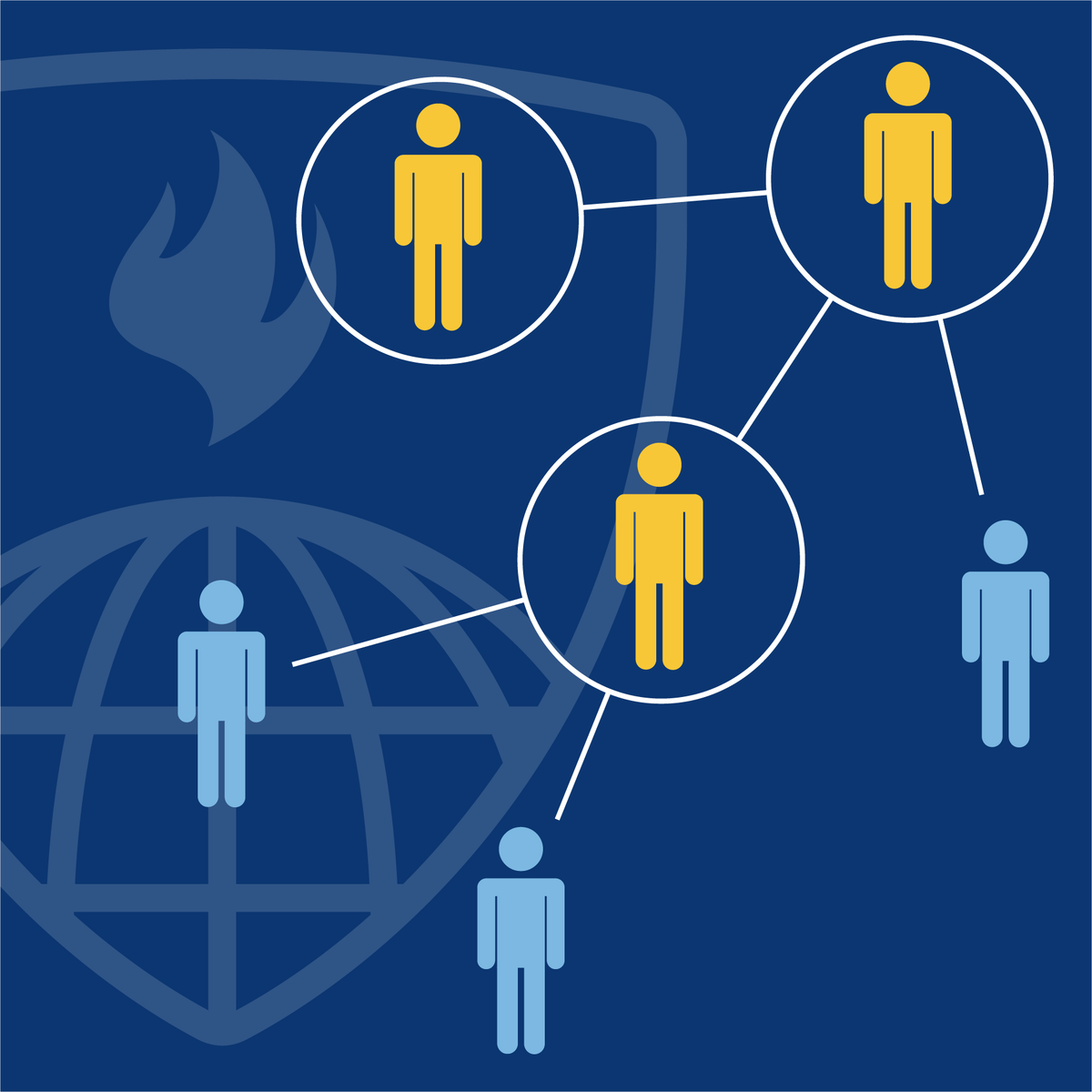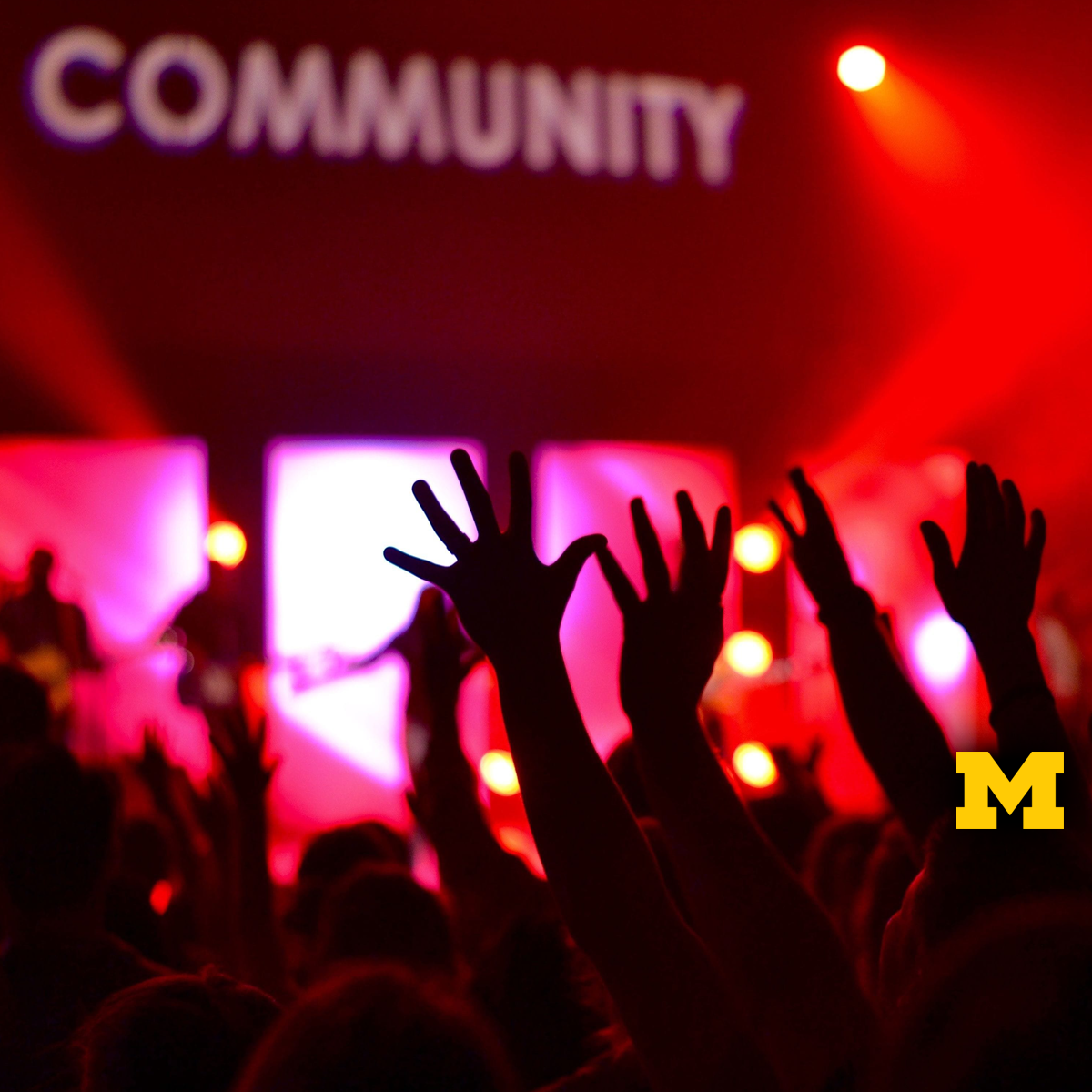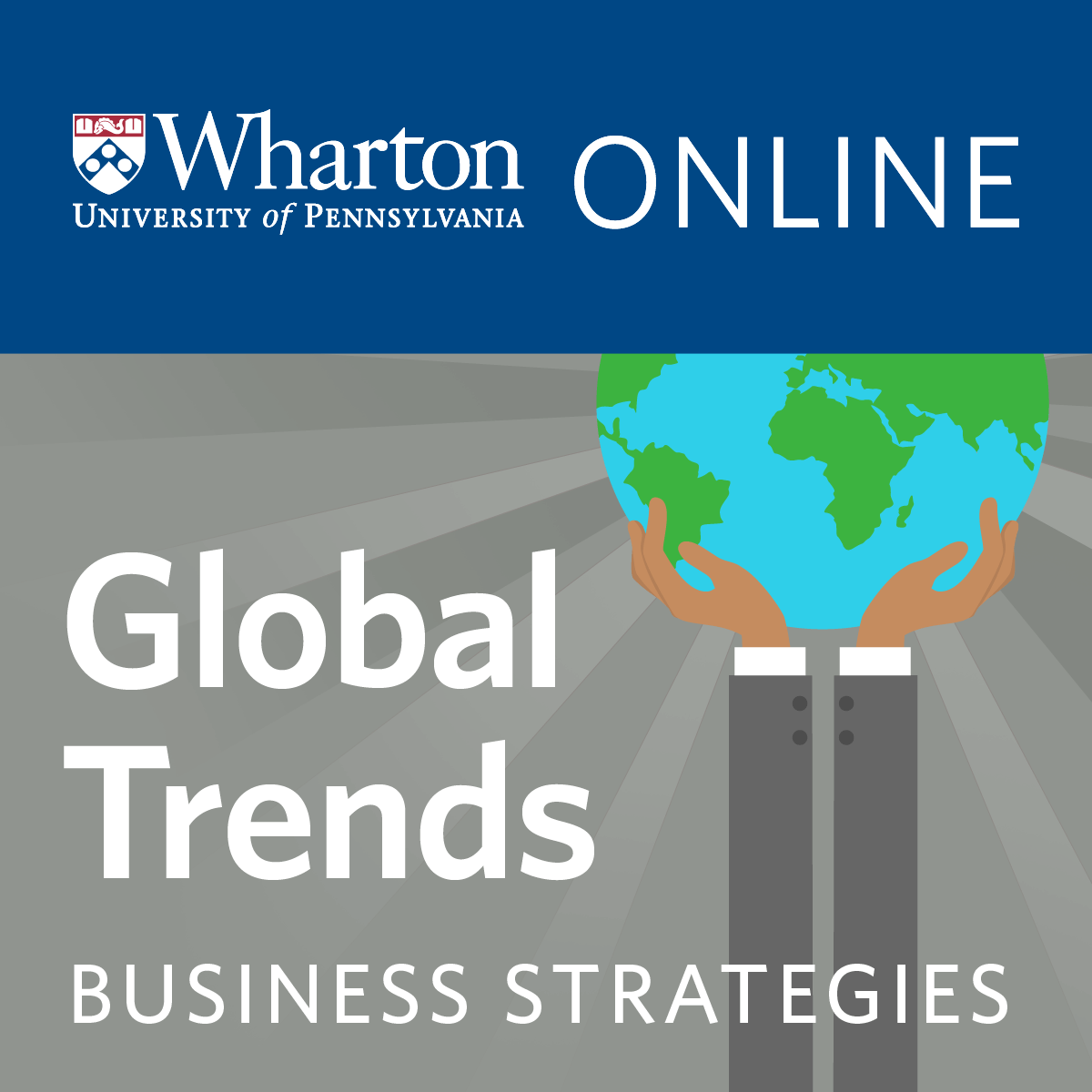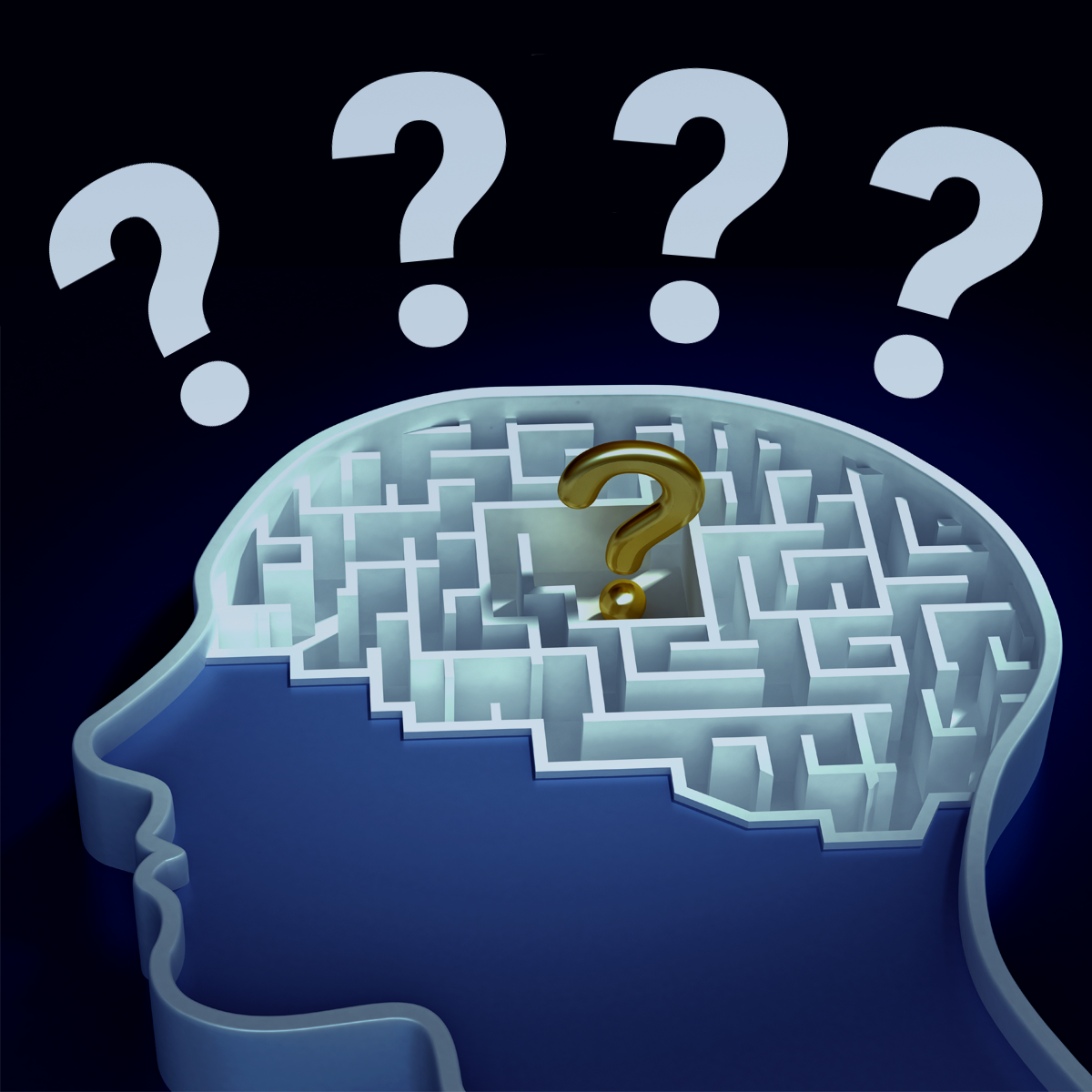Back to Courses









Social Sciences Courses - Page 53
Showing results 521-530 of 672
COVID-19 Contact Tracing
The COVID-19 crisis has created an unprecedented need for contact tracing across the country, requiring thousands of people to learn key skills quickly. The job qualifications for contact tracing positions differ throughout the country and the world, with some new positions open to individuals with a high school diploma or equivalent.
In this introductory course, students will learn about the science of SARS-CoV-2 , including the infectious period, the clinical presentation of COVID-19, and the evidence for how SARS-CoV-2 is transmitted from person-to-person and why contact tracing can be such an effective public health intervention. Students will learn about how contact tracing is done, including how to build rapport with cases, identify their contacts, and support both cases and their contacts to stop transmission in their communities. The course will also cover several important ethical considerations around contact tracing, isolation, and quarantine. Finally, the course will identify some of the most common barriers to contact tracing efforts -- along with strategies to overcome them.

Community Organizing for Social Justice
The course examines specific strategies for community organizing for social justice in a diverse, democratic society.
It examines core concepts of social justice and practical steps for bringing people together to set goals and priorities, assess community assets and needs, develop action plans, and build support for implementation. It includes information on how to form core groups, build organizational capacity, and formulate strategy for reaching out to constituents and allies.
Because each person learns in a different way, the course features a variety of learning acclivities, information on successful programs, individual instructions , and small group exercises, as well as hands-on materials for problem solving and program planning, You can use these activities with individuals, with a small group of people, or with several groups in a community campaign.
The course draws upon work with people who are striving for community change in metropolitan Detroit, and area which is becoming both more segregated and more diverse. But it is designed for people who want to create change in communities, everywhere.
If you were to take the course with ideas in mind, and conclude with plans in hand, then our purpose will be served.

After the Arab Spring – Democratic Aspirations and State Failure
Learn why the hope and excitement of the Arab Spring is gone, why so many Arab states are falling apart, why the youth are so frustrated, why there are so many refugees, and what can be done about it.
The so-called Arab Spring appeared to end decades of exceptionalism and bring the Arab world back into the mainstream of global developments. The rebellions promised the return of politics and the reassertion of popular sovereignty against their corrupt and geriatric leaders. Much hope and flowery language greeted the young men and women who deposed their leaders and tried to build new, better societies.
Today, the Arab world is in deep crisis. Of the 22 member states of the Arab League, at least five have essentially collapsed: Iraq, Libya, Yemen, Somalia and Syria exist only in name today, as their territories have fallen to competing, murderous armed groups. In the remaining countries, the old autocracies have reasserted themselves. The repression at home is now worsened by regional conflict on an unprecedented scale, and the resulting frustration has led to the biggest refugee flows in recent memory. What went wrong?
This course offers an overview of the structural shortcomings of Arab states and societies, which help us understand why the democratic awakening did not happen but instead “has given way to civil wars, ethnic, sectarian and regional divisions and the reassertion of absolutism.” This raises the obvious and renewed question whether there is something inherent in the Arab, and by analogy Muslim, condition that makes them special. Does this condition make this part of the world impervious to generally observable trends towards greater accountability, popular participation in political decision-making, greater generation and fairer division of economic wealth? Join this course to find out!

Social Science Approaches to the Study of Chinese Society Part 1
This course seeks to turn learners into informed consumers of social science research. It introduces concepts, standards, and principles of social science research to the interested non-expert. Learners who complete the course will be able to assess evidence and critically evaluate claims about important social phenomena. It reviews the origins and development of social science, describes the process of discovery in contemporary social science research, and explains how contemporary social science differs from apparently related fields. It describes the goals, basic paradigms, and methodologies of the major social science disciplines. It offers an overview of the major questions that are the focus of much contemporary social science research, overall and for China. Special emphasis is given to explaining the challenges that social scientists face in drawing conclusions about cause and effect from their studies, and offers an overview of the approaches that are used to overcome these challenges. Explanation is non-technical and does not involve mathematics. Statistics and quantitative methods are not covered.
Explore the big questions in social science and learn how you can be a critical, informed consumer of social science research.
Course Overview video: https://youtu.be/QuMOAlwhpvU
After you complete Part 1, enroll in Part 2 to learn how to be a PRODUCER of Social science research.
Part 2: https://www.coursera.org/learn/social-science-research-chinese-society

How to Write and Publish a Scientific Paper (Project-Centered Course)
What you will achieve:
In this project-based course, you will outline a complete scientific paper, choose an appropriate journal to which you'll submit the finished paper for publication, and prepare a checklist that will allow you to independently judge whether your paper is ready to submit.
What you'll need to get started:
This course is designed for students who have previous experience with academic research - you should be eager to adapt our writing and publishing advice to an existing personal project. If you just finished your graduate dissertation, just began your PhD, or are at a different stage of your academic journey or career and just want to publish your work, this course is for you.
*About Project-Centered Courses:
Project-Centered Courses are designed to help you complete a personally meaningful real-world project, with your instructor and a community of learners with similar goals providing guidance and suggestions along the way. By actively applying new concepts as you learn, you’ll master the course content more efficiently; you’ll also get a head start on using the skills you gain to make positive changes in your life and career. When you complete the course, you’ll have a finished project that you’ll be proud to use and share.

Global Trends for Business and Society
In this course, you’ll learn to analyze rapidly changing global trends, their effects on consumer and labor markets, financial systems, and geopolitical relationships among countries all over the world. Professor Mauro Guillen of the Wharton School has designed this course to help you understand the magnitude of influence these trends have on the business world and society. Through real-world case studies, both historical and contemporary, you’ll examine how changes within one society affect others. By the end of this course, you’ll have gained the tools to be able to identify, analyze, and adapt to global changes as they affect your business and society.

Assessment in Higher Education: Professional Development for Teachers
Are you a teacher in higher education wanting to get the best out of your students and assessments? Then on behalf of Risbo, Erasmus University Rotterdam, we would like to welcome you to this MOOC on Assessment in Higher Education. In this MOOC we will guide you through the different phases of preparing, creating and evaluating the assessments in your course.
After participating in this MOOC, you will be able to:
1. Design an assessment that is constructively aligned (content, level, methods) with the course objectives and activities
2. Apply the quality criteria with respect to validity, reliability and transparency for construction of assessments and assessment items
3. Analyze the assessment output and results, assess the quality of the assessment and make decisions about students’ grades accordingly
4. Formulate future improvements for an assessment
For the assignments, you will be working with your own teaching materials. For example you will create your own assessment plan for your course. Next to that you will become part of a learning community with teachers from all over the world.
We are offering you instructional videos, interviews, animations and checklists. In addition to these, there will be course activities, such as assessments, and discussion prompts. By participating in this MOOC, you will find answers to the following questions:
• What is the role of assessment?
• How can you select the right methods of assessment for your course?
• What is constructive alignment?
• How can an assessment plan and matrix help you in the construction of assessments?
• Is it possible to make an absolute reliable and valid assessment?
• How can the formulation of good assessment questions have an impact on that?
• What is the role of feedback?
• How can rubrics help with providing feedback?
• What are the things to consider when performing an exam or item analysis? What aspects should you look out for?
• How do you draw conclusions from an exam analysis and make plans for future improvements?
• If good students fail on certain questions, what does this say about the question… or about your teaching?
Are you ready for enhancing your teaching skills? Then take this journey with us.

Computer Simulations
Big data and artificial intelligence get most of the press about computational social science, but maybe the most complex aspect of it refers to using computational tools to explore and develop social science theory. This course shows how computer simulations are being used to explore the realm of what is theoretically possible. Computer simulations allow us to study why societies are the way they are, and to dream about the world we would like to live in. This can be as intuitive as playing a video game. Much like the well-known video game SimCity is used to build and manage an artificial city, we use agent-based models to grow and study artificial societies. Without hurting anyone in the real world, computer simulations allow us explore how to make the world a better place. We play hands-on with several practical computer simulation models and explore how we can combine hypothetical models with real world data. Finally, you will program a simple artificial society yourself, bottom-up. This will allow you to feel the complexity that arises when designing social systems, while at the same time experiencing the ease with which our new computational tools allow us to pursue such daunting endeavors.

Mind of the Universe: Science in Progress
From William Harvey discovering the circulation of blood to Albert Einstein developing the theory of relativity: almost all scientific research starts from something odd and unexpected that hasn't been explained yet, and, subsequently, the scientist creatively imagining possible explanations for it, formulating hypotheses.
However, the problem with formulating hypotheses is the "theory-ladenness of observation": ones expectations and background theories curtail and determine what one observes. The best way to reduce the negative consequences of theory-ladenness of observation as much as possible, is not by adopting the highest methodological standards, but by continuing to think outside the box throughout the problem solving process, by tirelessly, creatively imagining alternative explanations and hypotheses.
In this learning experience you will be turned upside down by philosopher Tim de Mey, who will challenge you to think outside of your comfort zone. You will be challenged to reflect critically and creatively on what triggers your research, i.e., what is driving the scientist in you. Tim will show you how openness to and interaction with other disciplines generates new ideas, and how important it is that scientists, besides the possibilities of their own discipline, are also aware of its (and there) limitations. Take this challenge and you will construct the perfect out-of-the-box research question that will tease the Mind of the Universe scientists to explore even better answers in their research.
This online learning experience is a spin-off of The Mind of the Universe documentary series created by the Dutch broadcasting company VPRO and professor Robbert Dijkgraaf, Princeton University. A number of universities in the Netherlands have used the open source material of the documentary series as a starting point to create similar experiences.

Teaching Impacts of Technology: Data Collection, Use, and Privacy
In this course you’ll focus on how constant data collection and big data analysis have impacted us, exploring the interplay between using your data and protecting it, as well as thinking about what it could do for you in the future. This will be done through a series of paired teaching sections, exploring a specific “Impact of Computing” in your typical day and the “Technologies and Computing Concepts” that enable that impact, all at a K12-appropriate level.
This course is part of a larger Specialization through which you’ll learn impacts of computing concepts you need to know, organized into 5 distinct digital “worlds”, as well as learn pedagogical techniques and evaluate lesson plans and resources to utilize in your classroom. By the end, you’ll be prepared to teach pre-college learners to be both savvy and effective participants in their digital world.
In this particular digital world (personal data), you’ll explore the following Impacts & Technology pairs --
Impacts (Show me what I want to see!): Internet Privacy, Custom Ads, Personalization of web pages
Technologies and Computing Concepts: Cookies, Web vs Internet, https, Web Servers
Impacts (Use my data…. But protect it!): Common Cybersecurity knowledge levels, ISP data collection, Internet design, finding out what is known about you online, software terms and services
Technology and Computing Concepts: DNS, Cryptography (ciphers, hashing, encryption, SSL), Deep and Dark Web
Impacts (What could my data do for me in the future?): What is Big Data, Machine Learning finds new music, Wearable technologies.
Technology and Computing Concepts: AI vs ML, Supervised vs Unsupervised learning, Neural Networks, Recommender systems, Speech recognition
In the pedagogy section for this course, in which best practices for teaching computing concepts are explored, you’ll learn how to apply Bloom’s taxonomy to create meaningful CS learning objectives, the importance of retrieval-based learning, to build learning activities with online simulators, and how to use “fun” books to teach computing.
In terms of CSTA K-12 computer science standards, we’ll primarily cover learning objectives within the “impacts of computing” concept, while also including some within the “networks and the Internet” concepts and the “data and analysis” concept. Practices we cover include “fostering and inclusive computing culture”, “recognizing and defining computational problems”, and “communicating about computing”.
Popular Internships and Jobs by Categories
Find Jobs & Internships
Browse
© 2024 BoostGrad | All rights reserved